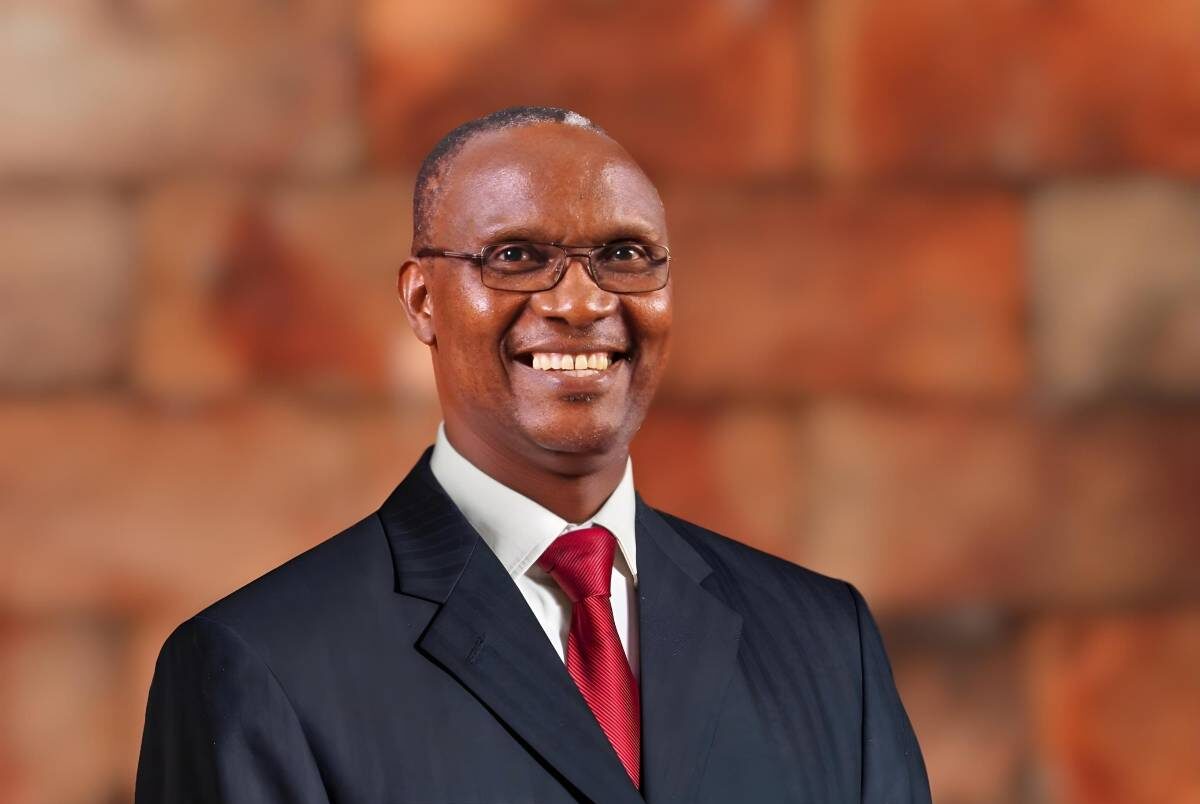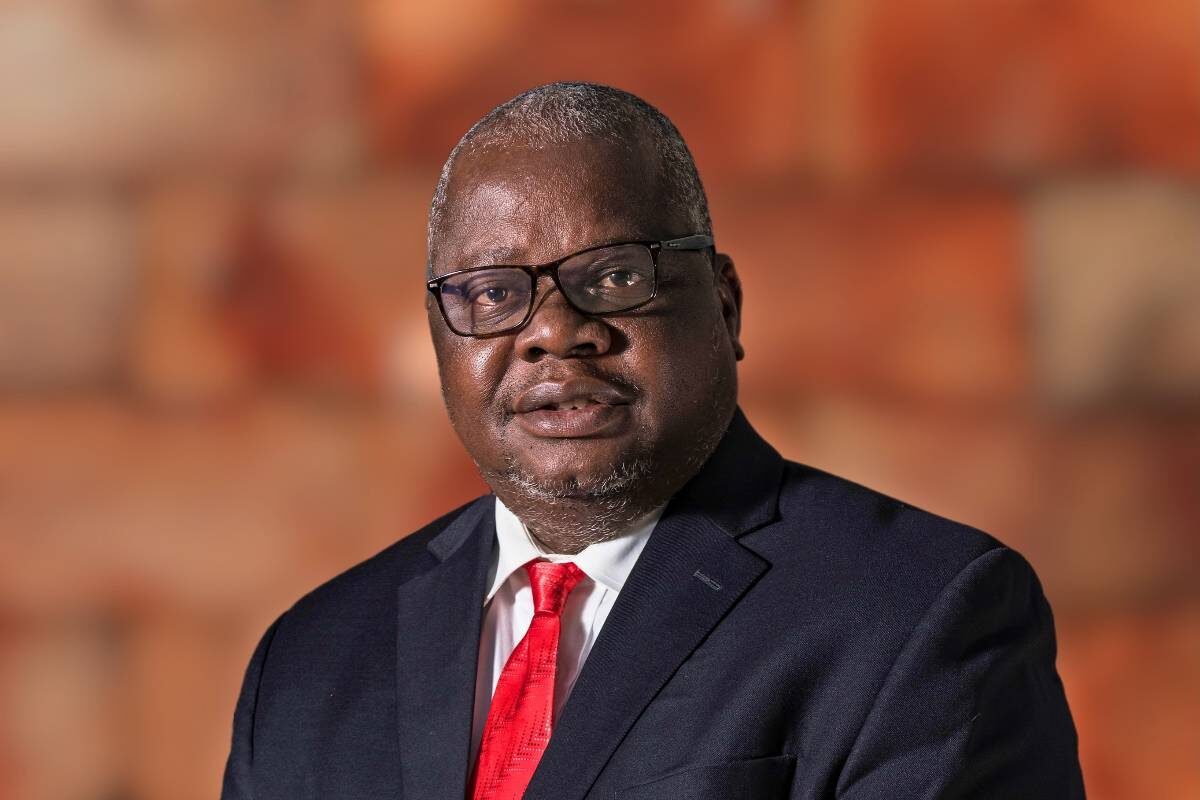
Governance
The Directors recognise the need to conduct the business of First Mutual Properties Limited with integrity and in accordance with generally accepted corporate practices in order to safeguard stakeholders’ interests. Detailed policies and procedures are in place covering the regulation and reporting of transactions in securities of the Company by Directors and Officers. The Group is committed to the principles of good corporate governance based on best global practice. The Board and Management believe that the Group’s governance systems and practices are appropriate and are essentially in line with the National Code on Corporate Governance. The Group Human Resources and Governance Committee takes a leadership role in shaping the corporate governance of the Group.
Effective risk management is integral to our governance framework. We have implemented comprehensive risk management policies and procedures to identify, assess, and mitigate potential risks. This proactive approach enables us to safeguard our assets and maintain business continuity.
Board of Directors
Composition and Appointment
The Board of Directors is chaired by a Non-Executive Director and comprises several other Non-Executive Directors and one Executive Director, the latter being the Managing Director. The Board enjoys a strong mix of skills and experience. The Board is the primary governance organ. The role of the Board is to determine overall policies, plans and strategies of the Group and to ensure that these are implemented in an ethical and professional manner.
Responsibilities
The Board has overall responsibility for ensuring the integrity of the Group’s accounting and financial reporting systems including an independent audit, and that appropriate systems of control, risk management and compliance with laws are in place. To ensure effectiveness, Board members have unfettered access to information regarding the Group’s operations which is available through Board meetings, Board and Management Committees as well as Strategic planning workshops organised by the Group.
Directors may, at the Group’s expense, seek independent professional advice concerning the Group’s affairs. A third of the Directors are required to retire on a rotational basis each year along with any Director(s) appointed to the Board during the year. Executive Directors are employed under performance driven service contracts setting out responsibilities of their particular office, which are only renewed upon meeting the set performance targets.
The role of the Board is to determine overall policies, plans and strategies of the Group and to ensure that these are implemented in an ethical and professional manner. The Board meets regularly, at least four times a year, and guides corporate strategy, risk management practices, annual budgets and business plans.
Special Board meetings may be convened on an ad-hoc basis when necessary to consider issues requiring urgent attention or decision. The Company Secretary maintains an attendance register of Directors for all scheduled meetings during the year through which Directors can assess their devotion of sufficient time to the Group.
The Board has overall responsibility for ensuring the integrity of the Group’s accounting and financial reporting systems including the independent audit, and that appropriate systems of control, risk management and compliance with laws are in place.
To ensure effectiveness, Board members have unfettered access to information regarding the Group’s operations which is available through Board meetings, Board and Management Committees as well as Strategic Planning workshops organised by the Group. Directors may, at the Group’s expense, seek independent professional advice concerning the Group’s affairs.
The Board appointments are made to ensure a variety of skills and expertise is represented on the Board. A third of the Directors are required to retire on a rotational basis each year along with any Directors appointed to the Board during the year.
Executive directors are employed under performance driven service contracts setting out responsibilities of their particular office.
Committees
The Board is supported by various Committees in executing its responsibilities. The main Committees meet at least quarterly to review performance and provide guidance to management on both operational and policy issues. Each Committee acts within written terms of reference under which certain functions of the Board are delegated with clearly defined purposes.







